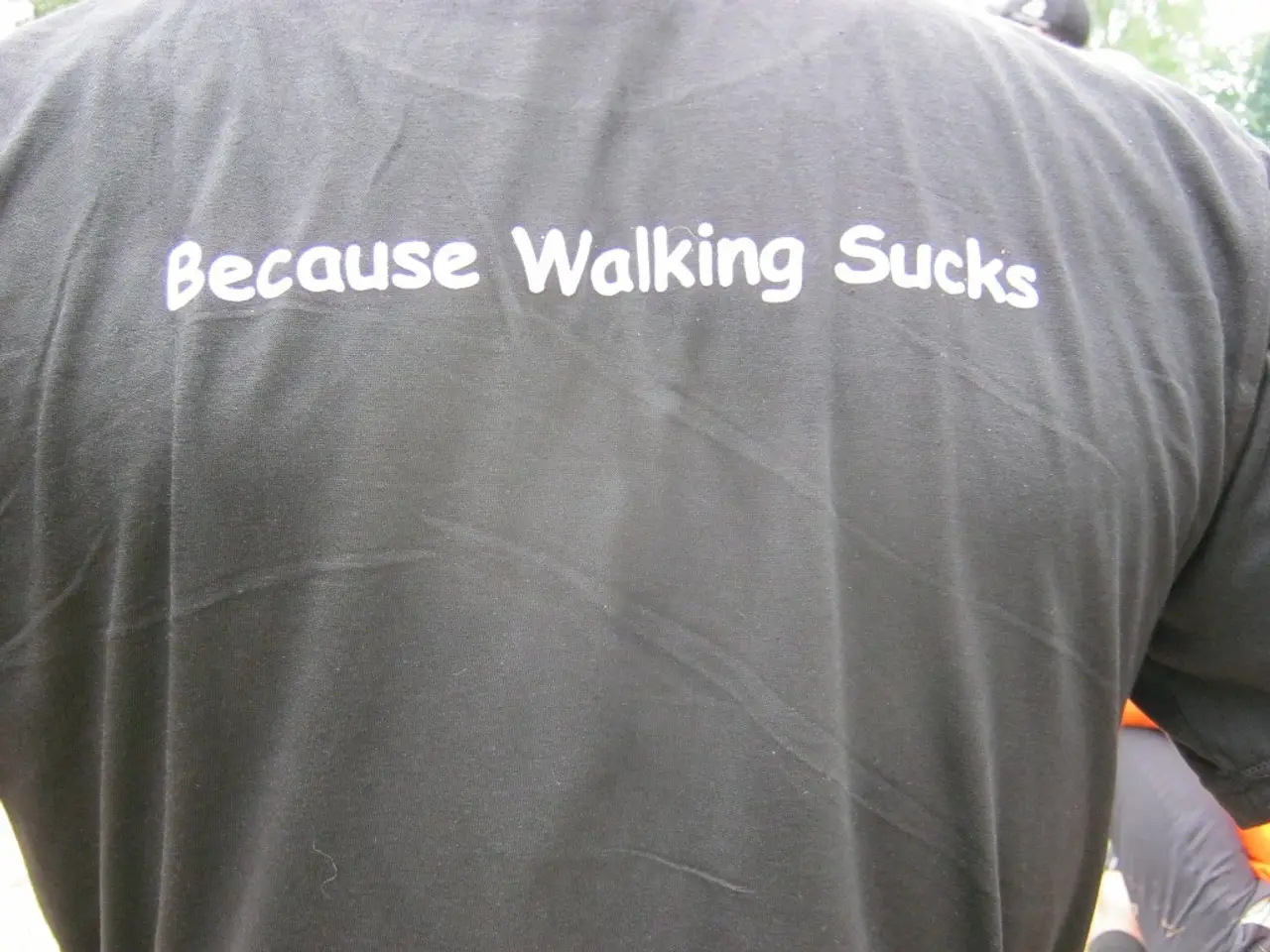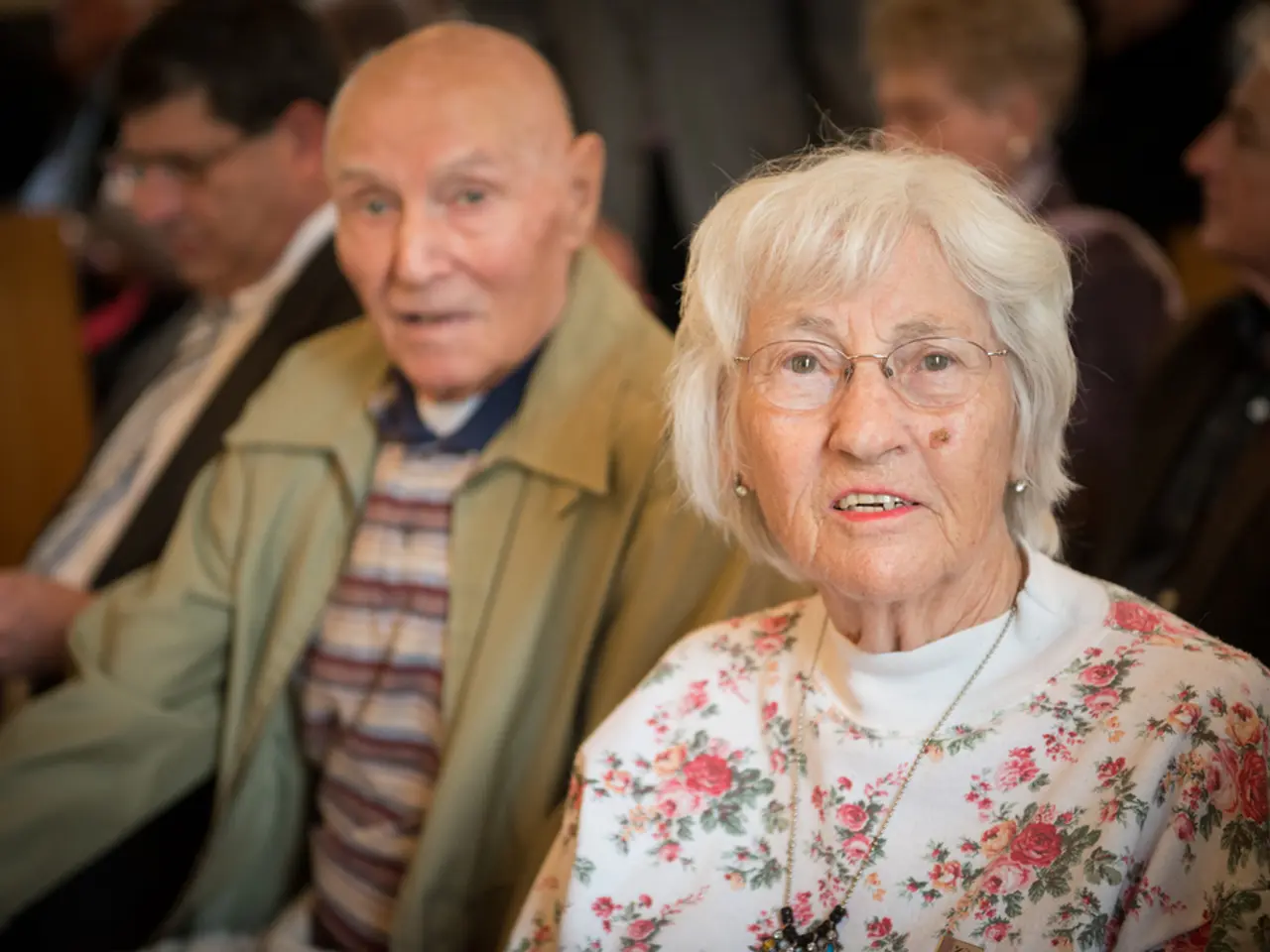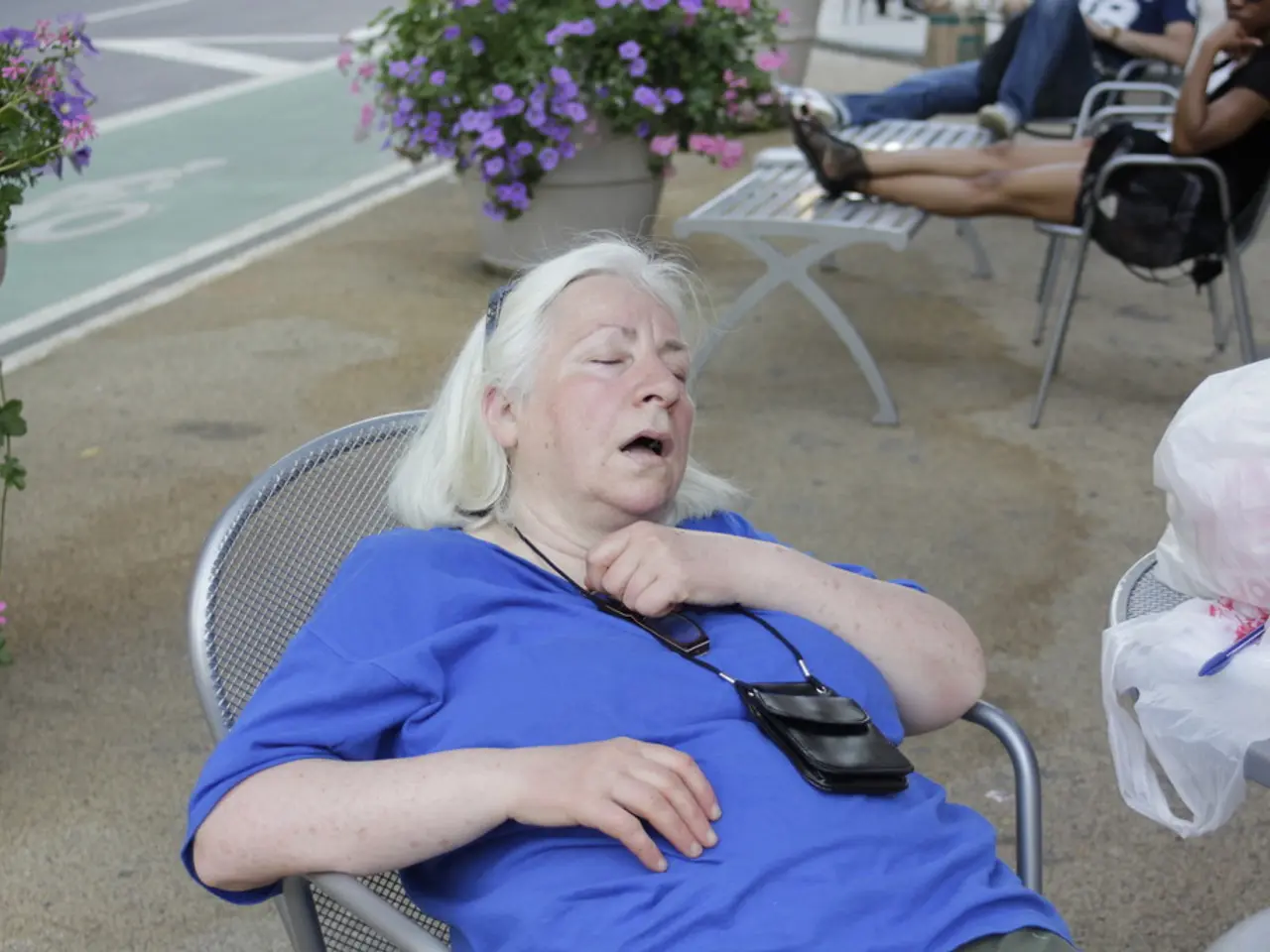Rapid Strolls Could Enhance Lifespan According to Recent Findings
A large long-term study published in the American Journal of Preventive Medicine has found that fast walking, such as brisk walking, climbing stairs, or exercising, may significantly decrease mortality risk for low-income and Black populations.
The study, which tracked nearly 80,000 participants over a median of 16.7 years, found a nearly 20% reduction in all-cause mortality linked to brisk walking. The strongest effects were on cardiovascular-related deaths.
Participants were divided into categories based on ranges of walking time. The mortality benefit from fast walking was independent of other leisure-time physical activities, highlighting that walking intensity matters more than duration. Slow walking, even for long durations, was associated with much smaller mortality reductions.
The study's authors emphasize the practicality of a daily 15-minute brisk walk to boost longevity. However, limitations include reliance on self-reported walking speeds and potential misclassification with other activities like stair climbing.
The findings offer great hope for improving health outcomes in low-income and minority populations, which are at the greatest risk of premature death due to their low socioeconomic status. Sensitivity analyses revealed that fast walking most reduced risk for death from cardiovascular disease, particularly cardiovascular disease death caused by heart diseases.
Experts suggest that recognizing the dose effect of walking can help tailor recommendations for maximum benefit. Brisk walking may primarily serve as a proxy for overall physical fitness and the absence of severe comorbidities rather than an independent driver of improved outcomes.
While evidence suggests that walking in general can improve outcomes, the evidence in this paper can refine that recommendation and be more effective at setting goals. After adjusting for lifestyle factors, the association between mortality and fast walking remained highly significant.
However, the study did not establish causation or validate brisk walking as an effective intervention to reduce cardiovascular mortality. The study did not assess changes in physical activity that could have happened over time and their impact on outcomes.
In conclusion, this rigorous, large cohort study provides strong evidence that a simple habit of fast walking can significantly decrease mortality risk, particularly benefiting low-income and Black populations. Traditional cardiovascular risk factors should be supplemented with the evidence-based science that strenuous exercise like 15 minutes of fast walking daily can reduce your chance of dying prematurely.
- The study suggests that low-income and Black seniors may benefit significantly from incorporating brisk walking, a form of cardiovascular exercise, into their daily routine, as it may lead to a 20% reduction in all-cause mortality, with the strongest effects being on cardiovascular-related deaths.
- The science behind health-and-wellness and fitness-and-exercise indicates that while walking in general can improve outcomes, brisk walking, in particular, might be more effective, serving as a probable proxy for overall physical fitness and reducing the chance of premature death, especially from cardiovascular diseases.
- As we age and deal with issues related to longevity, GenericHealth recommendations could include the practice of 15 minutes of brisk walking daily, as it offers great hope for improving health outcomes in low-income and minority populations, which are at the greatest risk of premature death due to their low socioeconomic status.




